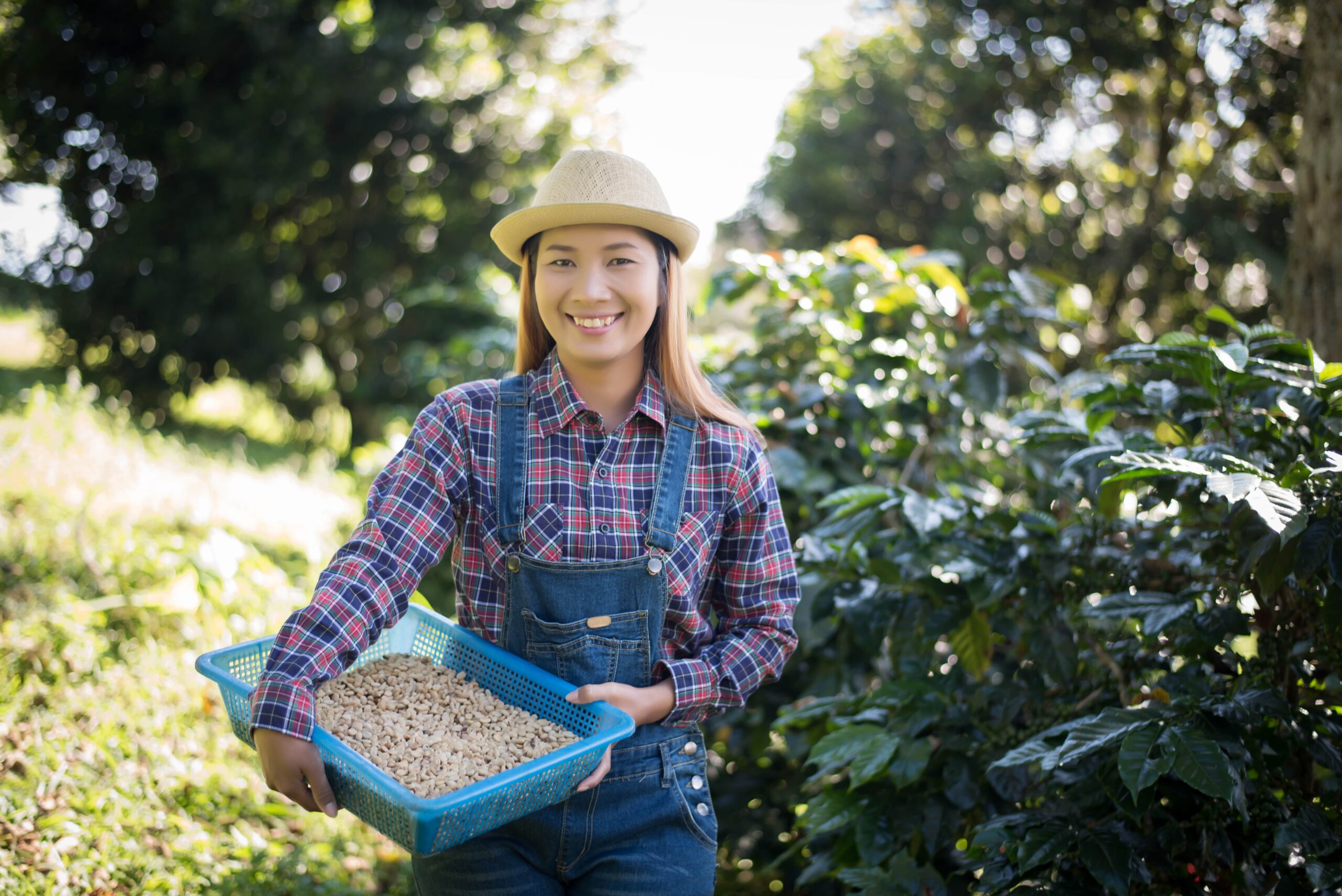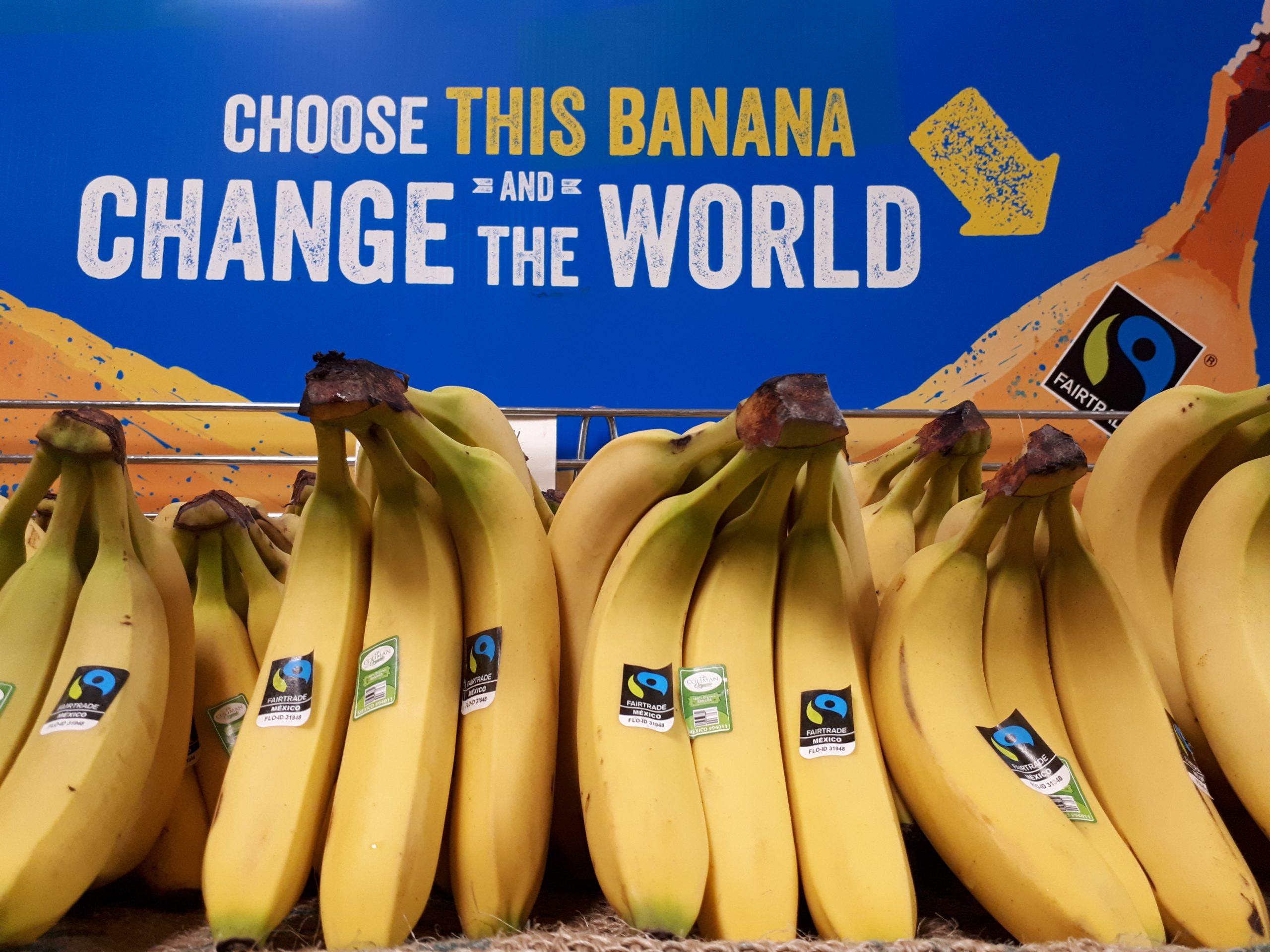Have you ever wondered how many workers from developing countries are doing their job under unfair conditions in the market? The answer is a lot! Otherwise, what would there be a FairTrade label for?
Just check out your kitchen, what do you see there? Bananas, chocolate, tea, sugar – all of them are the regular products in our houses. But did you know that the producers of these items do not always receive fair compensation for their efforts?
That is why there is a FairTrade!
But what does it stand for and what is so special about that?
System of certification
Fairtrade is a certification system that verifies if a set of criteria is followed in the manufacturing and distribution of a product or an ingredient. Such a system helps to protect the working rights and fairer pay among producers from developing countries!
The fair supply chain is an essential part of a certification, as only those, who do the whole process, from packaging to shipment, in a fair way deserve to have a mark on their items.
Therefore, choosing the FairTrade approved products means standing with farmers around the whole globe for equality and transparency.
Setting standards
The label sets socio-economic and environmental norms, which are influencing the operation of companies on our planet. Eventually, they will become more sustainable-oriented and with higher engagement for fair wages and working conditions.
The Fairtrade Mark
From the standards above, the products that meet the requirements, like the price, which covers all of the producers’ costs, a premium of producers to invest in their communities, are getting a special mark. It is known as a fairtrade mark!
Besides, one of the conditions for getting it is to have a fully traceable supply chain. This allows seeing the way of the product from the beginning till the end of its journey to your favourite shop on the corner.
Fairtrade Premium
FairTrade does not only provide local communities with prices above average for their products but also offer the fairtrade premium! The Fairtrade Premium is an amount of money added to the Fairtrade pricing that goes into a community fund. With its help, workers and farmers could improve their social, economic, and environmental conditions.
For example, cocoa farmers receive an extra 200$ per tonne of cocoa beans they sell.
Farmers must create a co-operative with other farmers in order to become Fairtrade certified. The Fairtrade Premium is paid at the cooperative level, allowing democratically elected farmers’ representatives to select how the funds are used.
Such an attitude not only helps local communities to develop but also motivates others to be fair in their production and supply chains.
Worldwide presence
FairTrade is presented around the whole globe working with local producers from more than 70 countries. The products are then delivered to developed countries with the quality label, which creates a global community!
So after all, this global community seems like a bunch of cool people, doesn’t it?
Fairtrade example
This is Diah. She is a cocoa farmer from Indonesia.

She works extremely hard to feed her family and is struggling to provide a better future for her children.
Terms of trade do not apply to her, and many concerns arise alongside: discrimination, exploitation or deforestation of her area.
However, there is a FairTrade, that could help Diah! That will help in getting a fair wage and work in better conditions with FairPremium investment by setting the socio-economical standards for both companies and farmers.
For companies, it includes paying a fair price for the produce, and for the farmers, it means the protection of working rights and the protection of the environment.
Now Diah has a chance for a better life and future for her family, so why don’t all farmers from developing countries join the FairTrade Club?
Conclusion: What is Fairtrade?
Fairtrade is a global networking system of certification that allows fair producers and companies from developing countries to get a fair wage and invest in their own communities!


